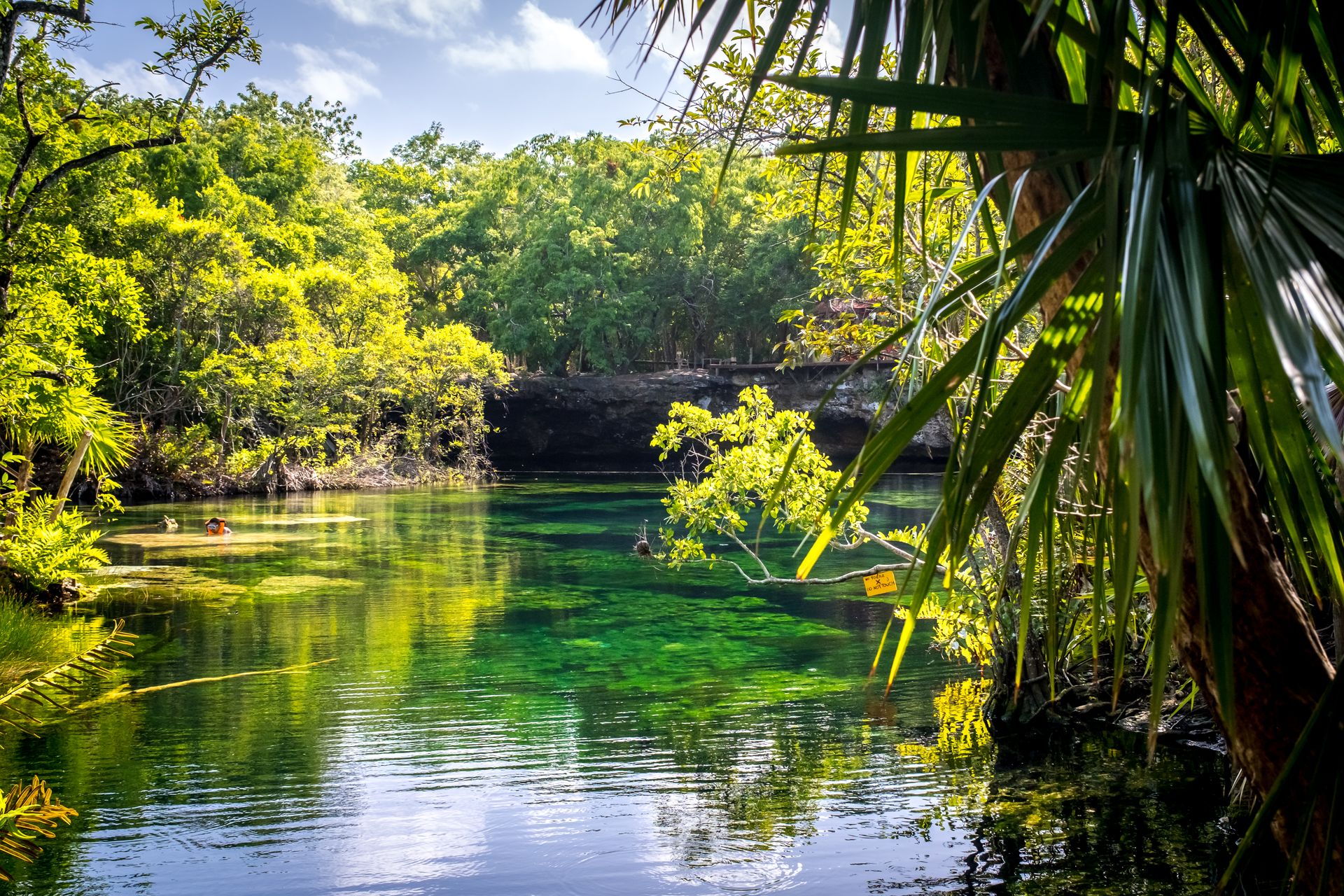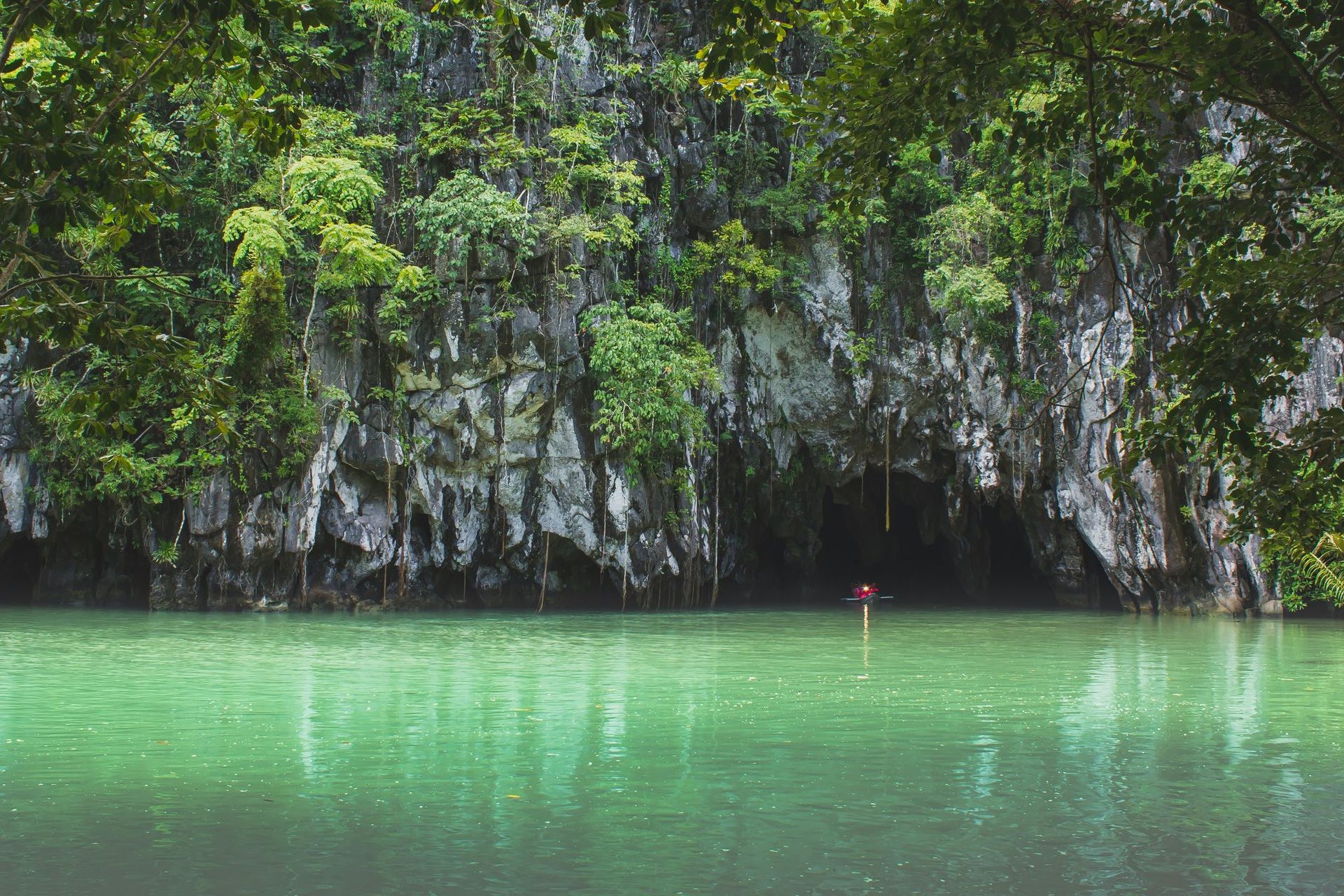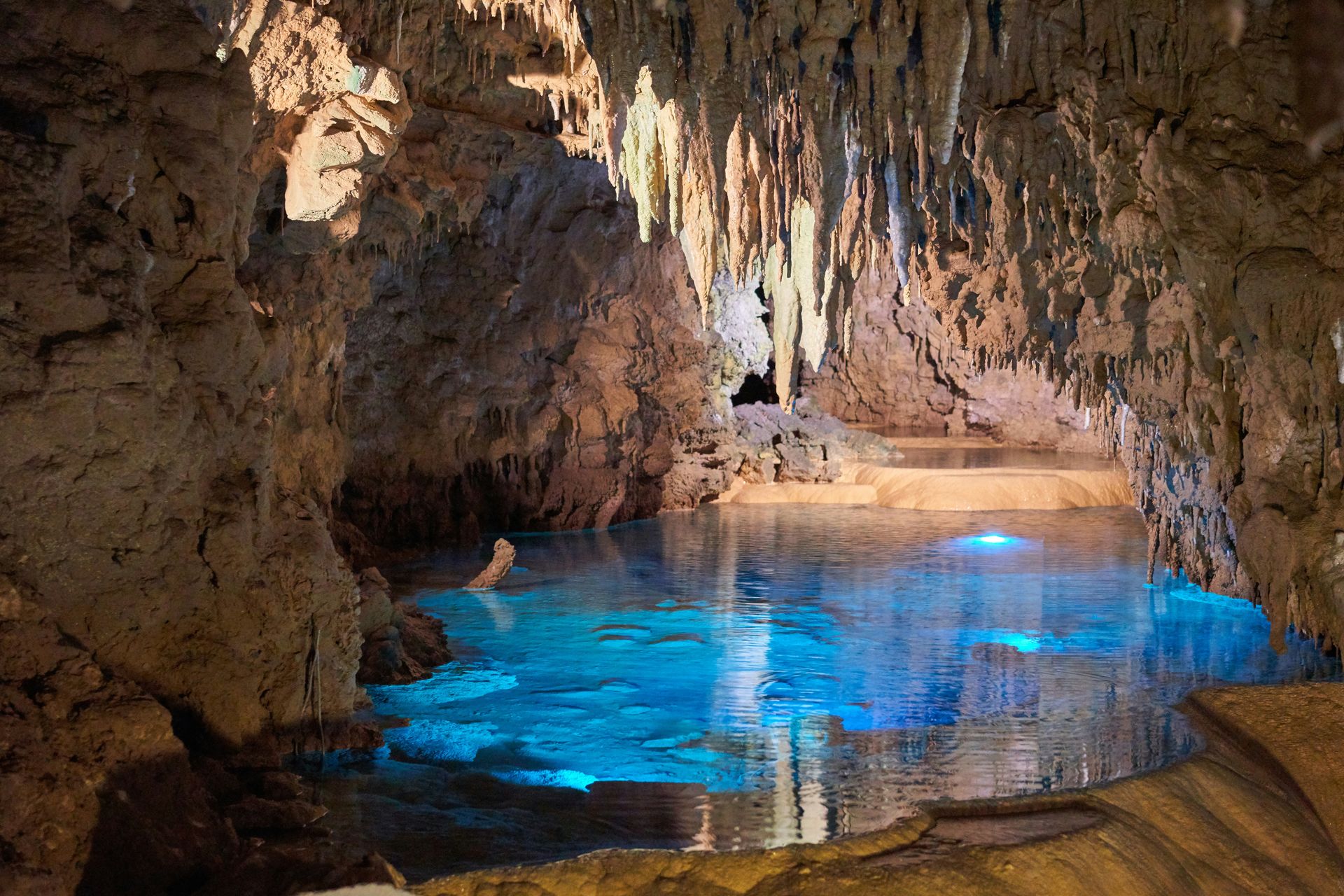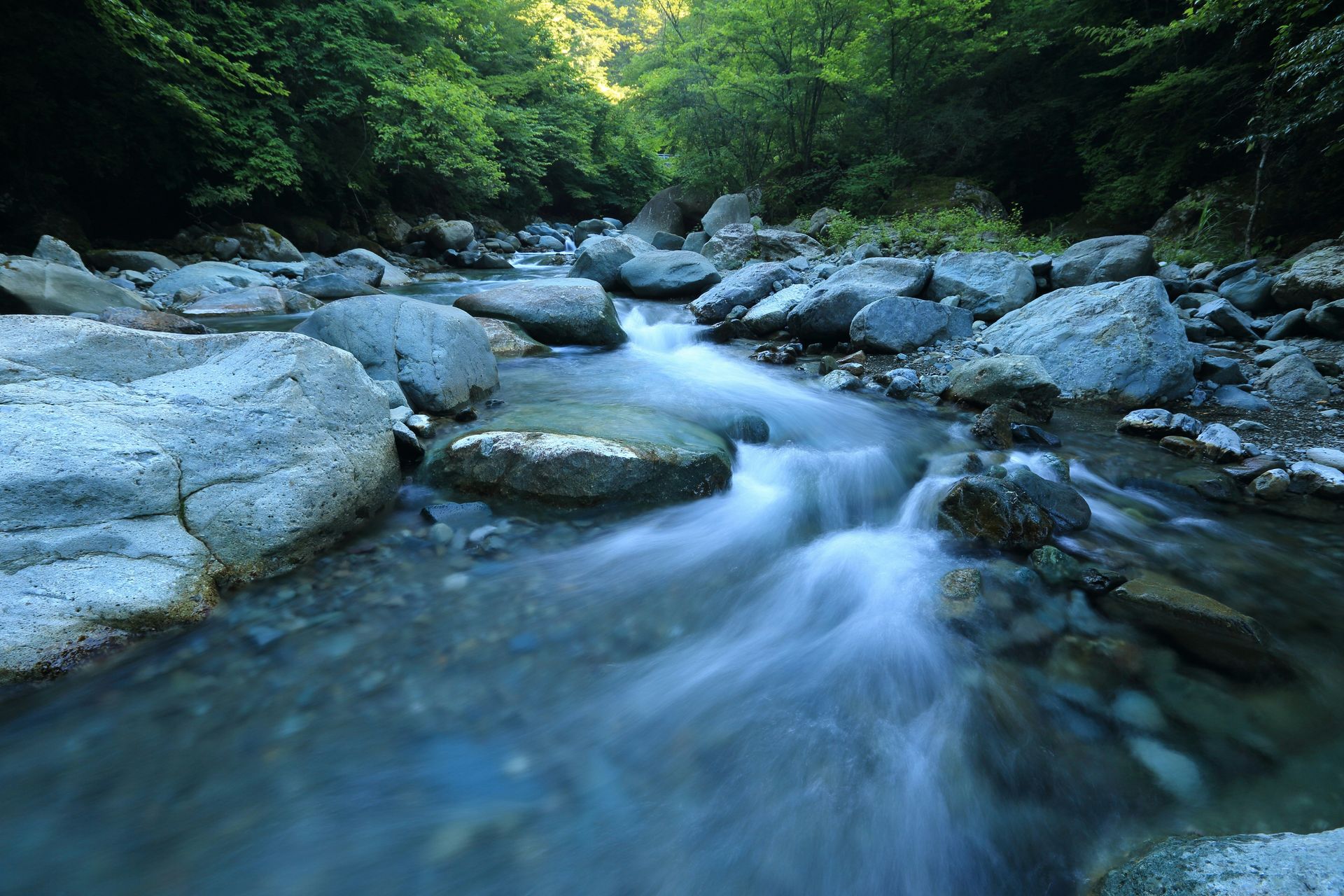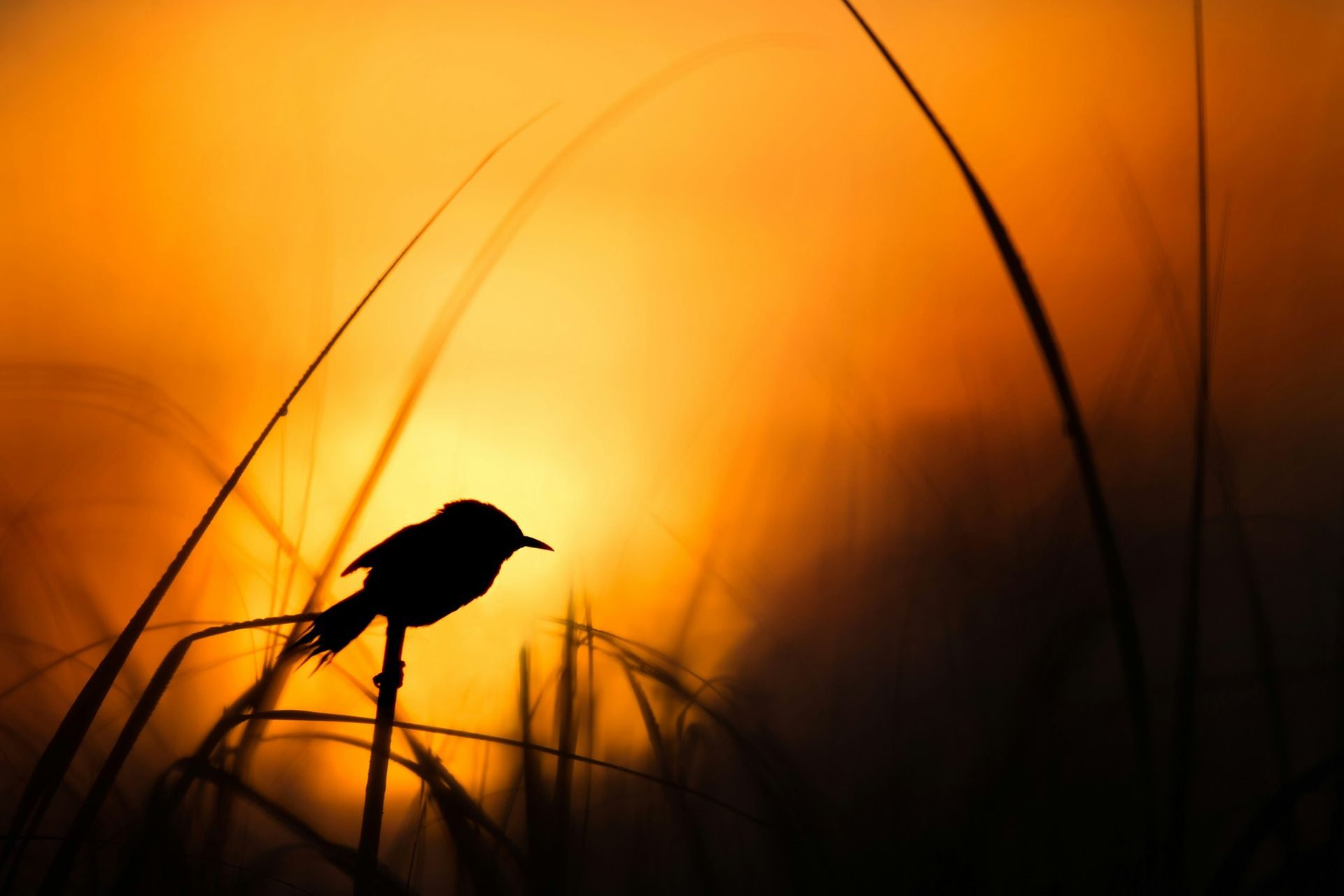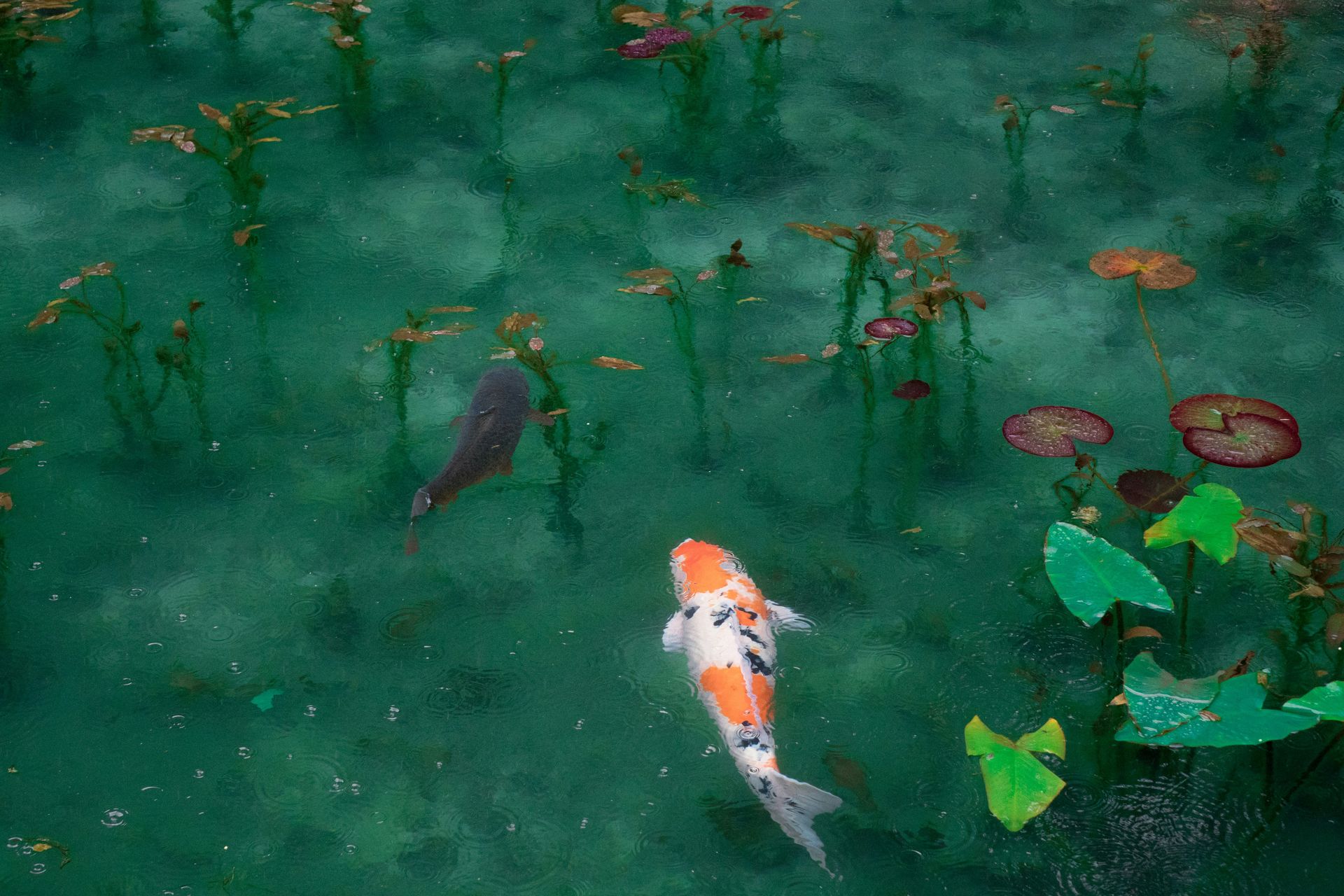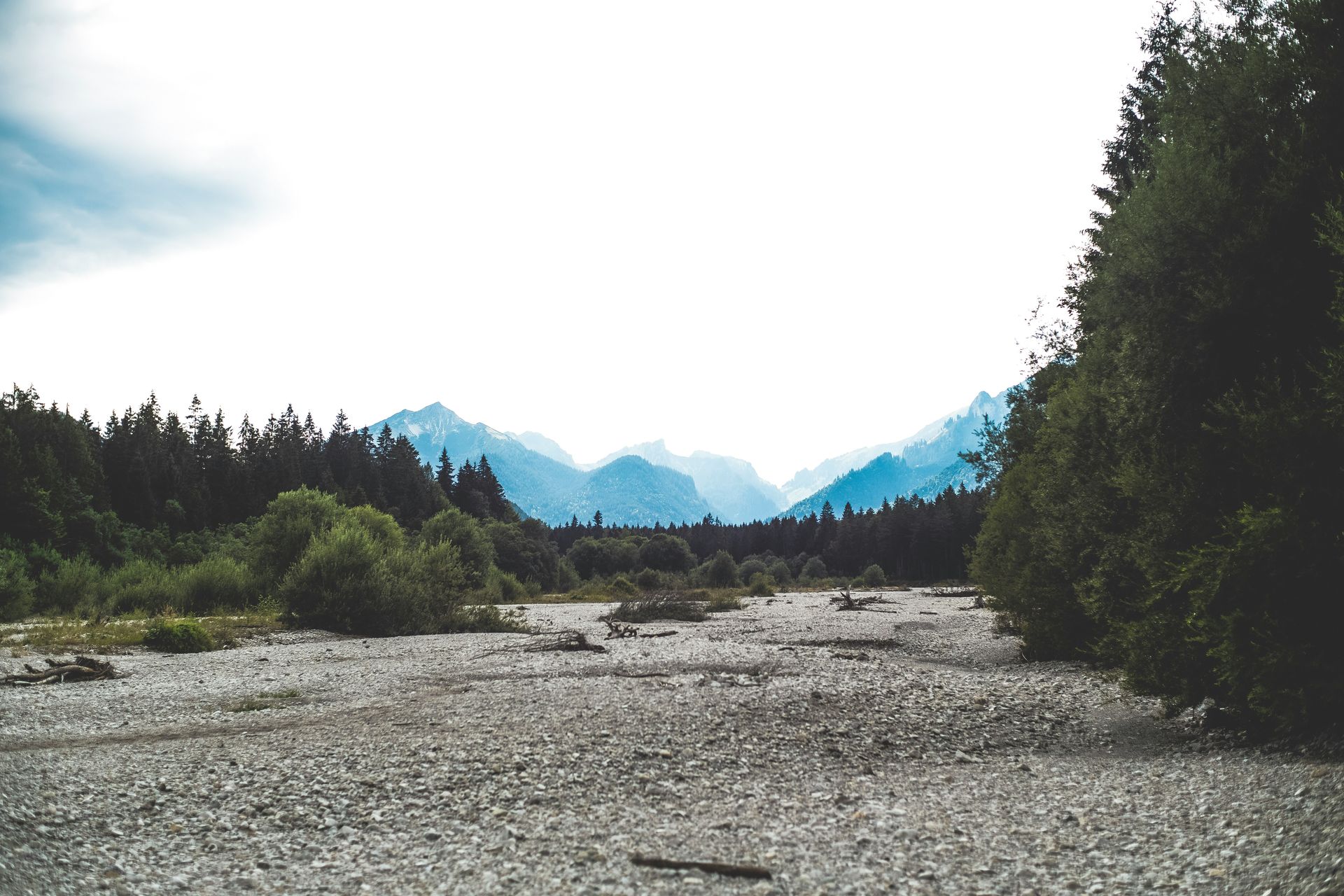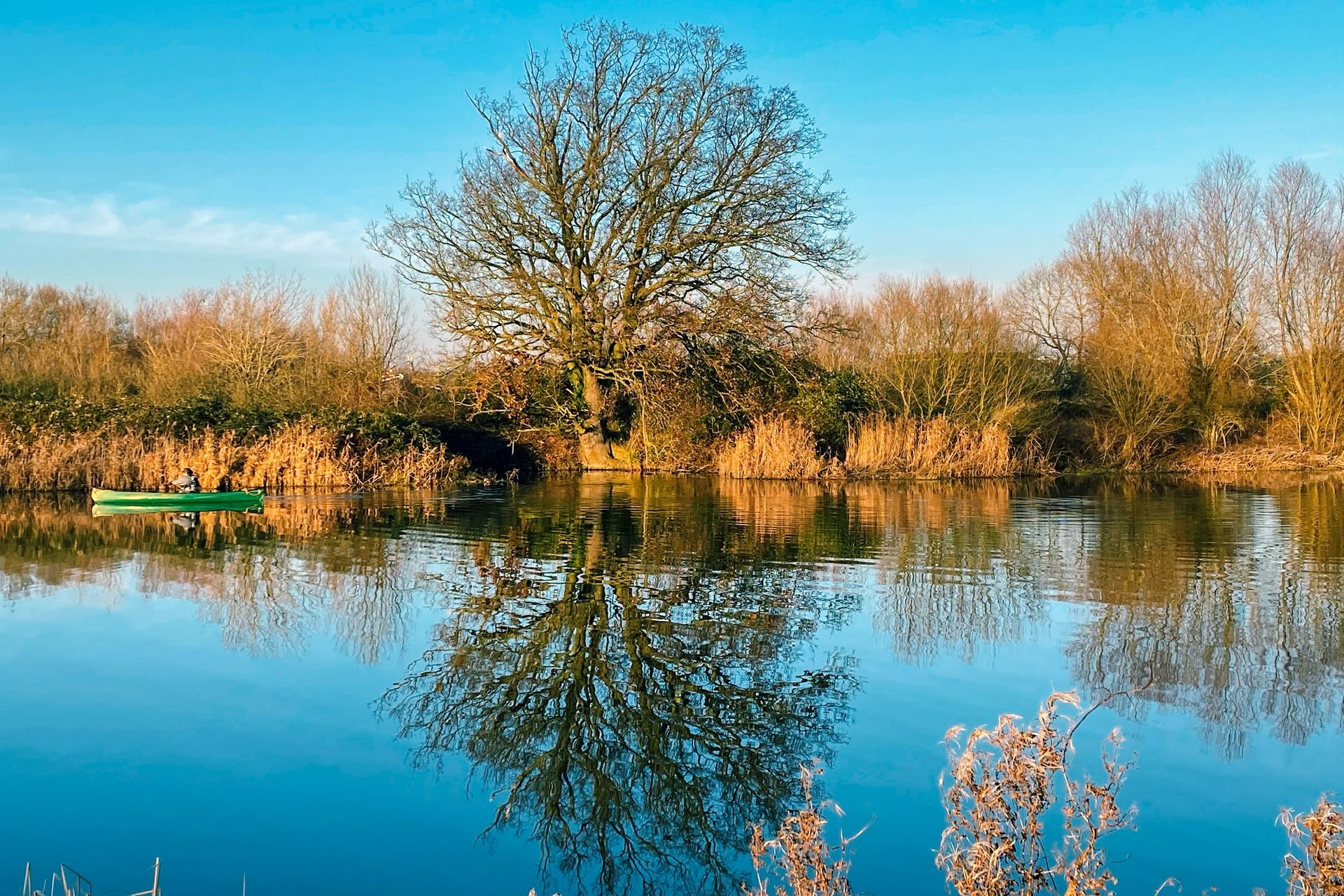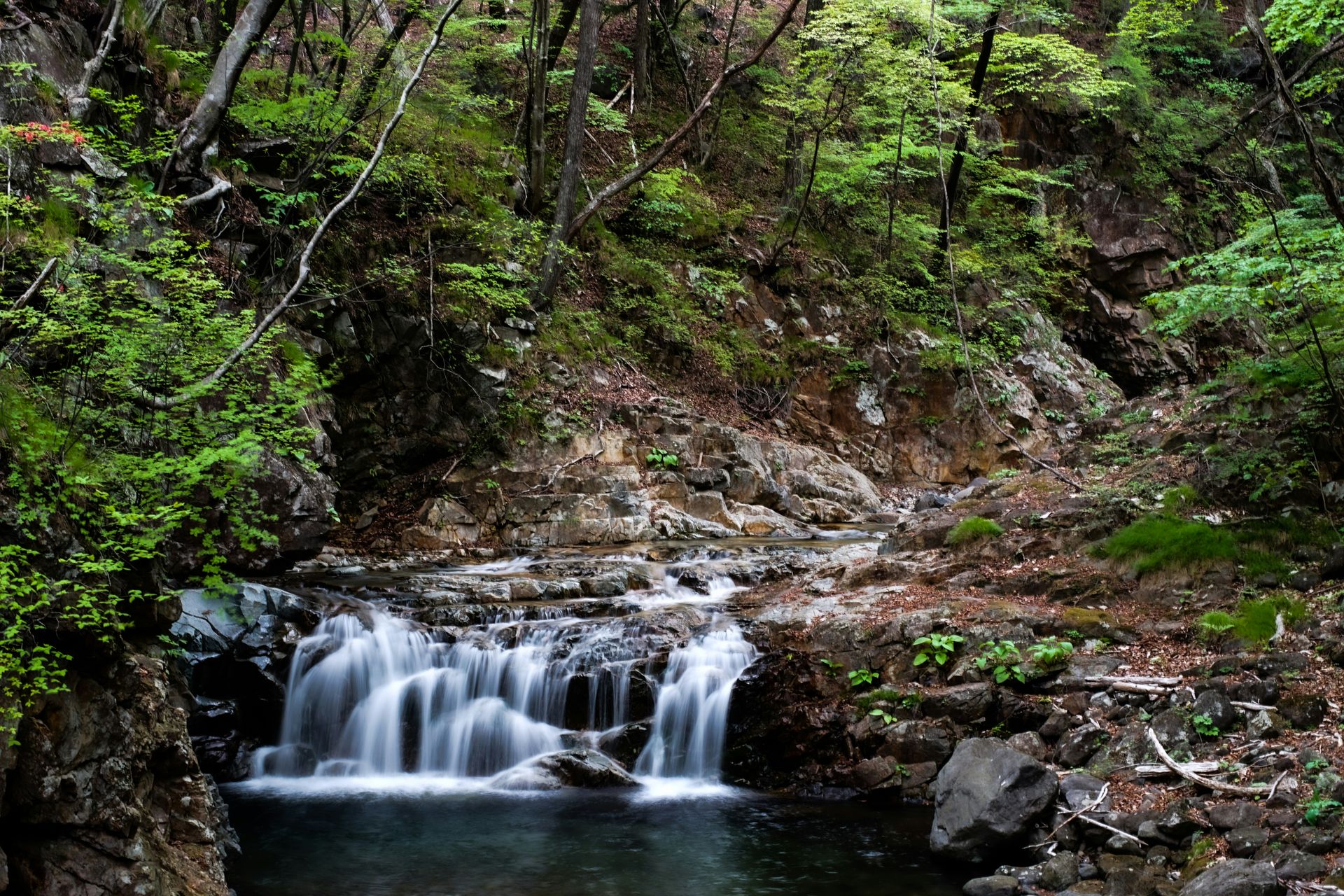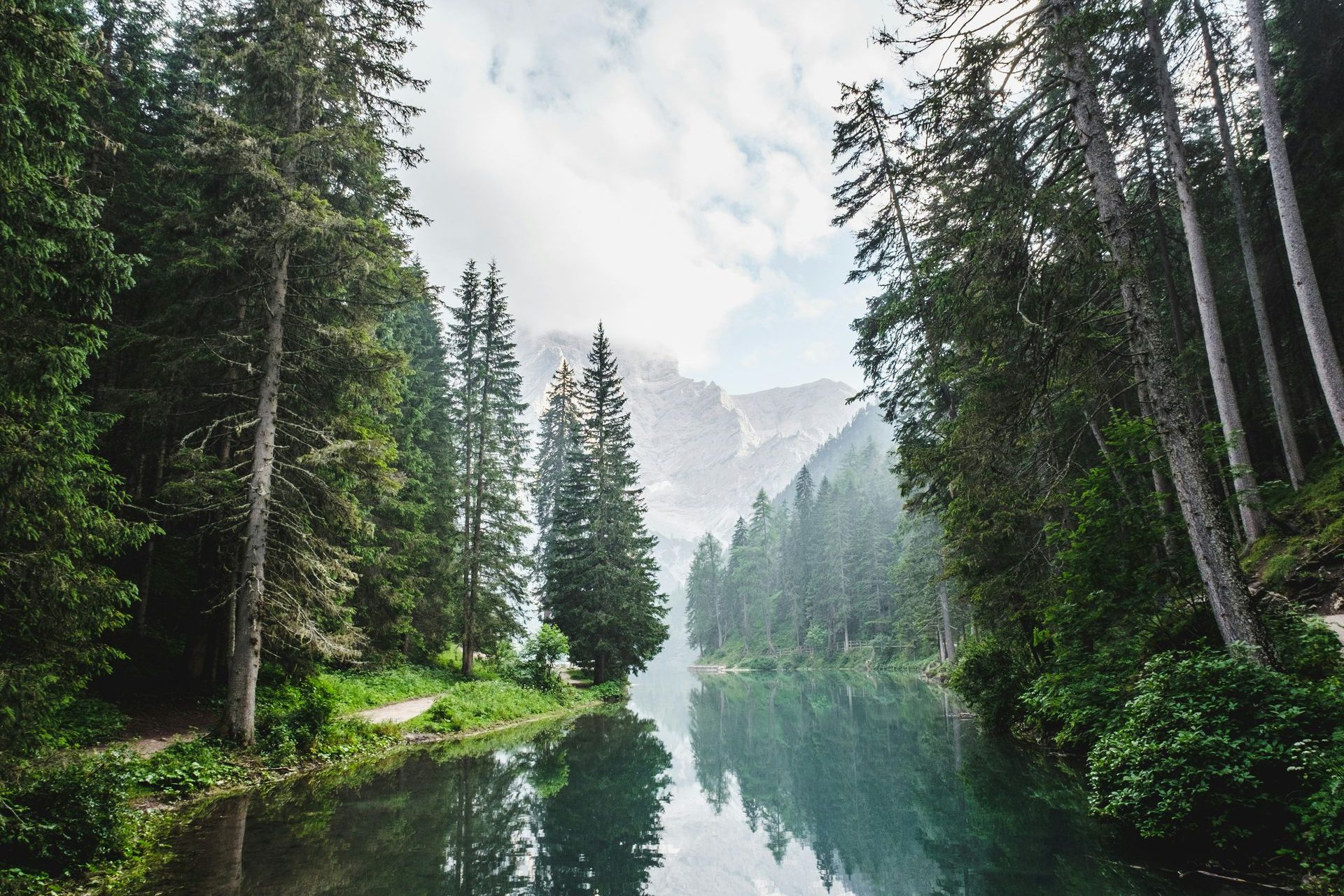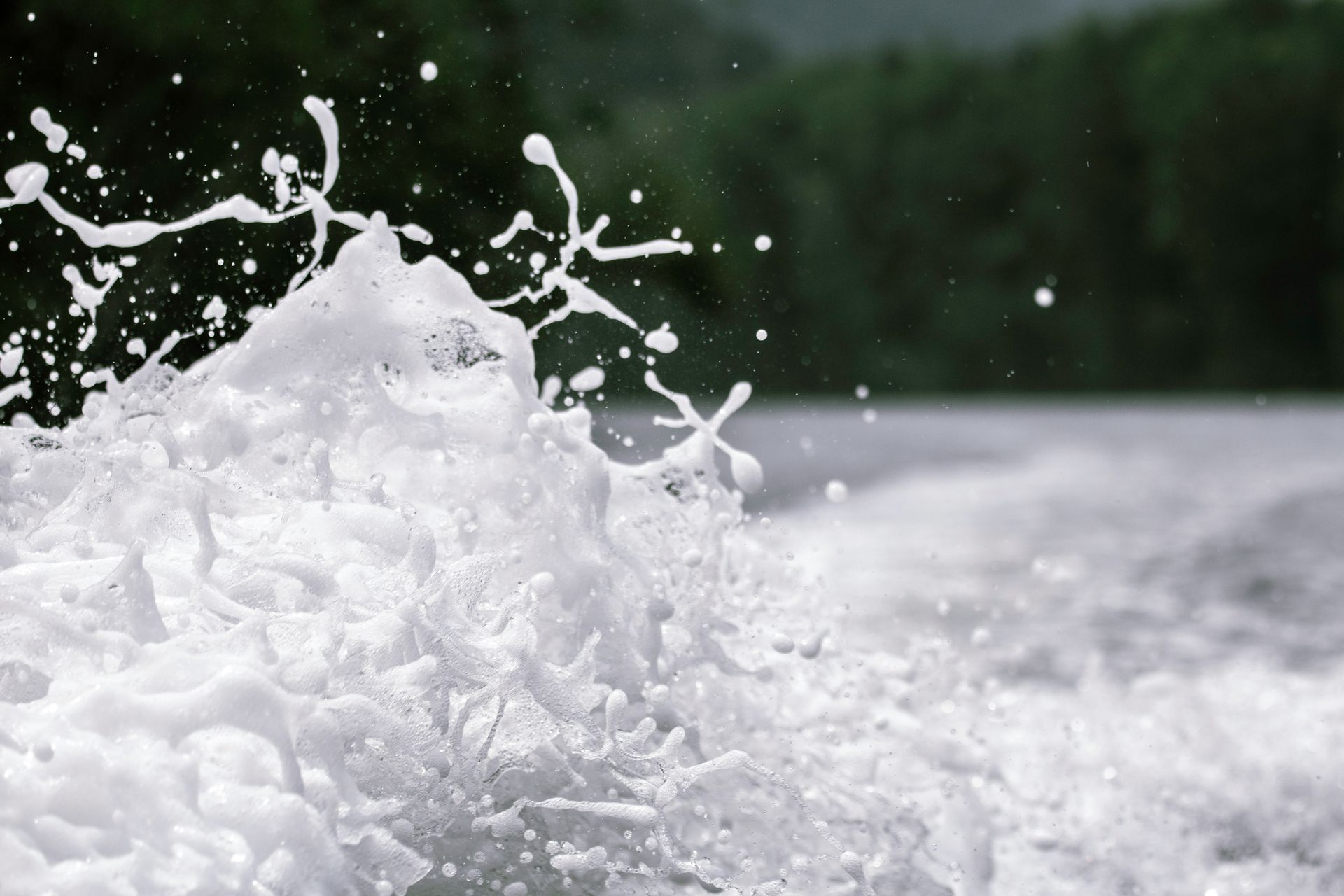Groundwater: an important factor in the preservation of natural ecosystems
Groundwater, while you may be familiar with the term, is probably not something you take time to think about. However, these water reserves play a decisive role in the preservation of natural ecosystems.
According to the Water Information Center, surface water (lakes, rivers) represents only 1% of all fresh water on Earth. The rest is 69% ice and snow, and 30% groundwater.
@David Milmont / Unsplash
The latter are stored in what are called “aquifers”, namely rocks or geological formations porous enough to store large quantities of water.
@Timo Volz / Unsplash
Based on the analysis of well data and satellite images dating back to 1985, a team of researchers from several American universities and the University of Cardiff, Wales, managed to measure the impact of water underground in the survival of ecosystems.
@kazuend / Unsplash
The study showed that in the event of drought, certain plant species are capable of maintaining a link with these waters thanks to their roots, serving as shelter for a multitude of animal species.
@Ray Hennessy / Unsplash
This is particularly the case for birds and fish in so-called “riparian” zones, or “buffers”, which correspond to the adjacent part of a watercourse and have the function of filtering sediments and dissolved pollutants.
@Sora Sagano / Unsplash
However, too high a level of drought results in a lowering of the groundwater level below the rooting depth of the plants, which destroys their protective effect.
@Markus Spiske / Unsplash
Scientists found that a groundwater level one meter from the maximum root depth was optimal for maintaining vegetation health.
@William Barrett / Unsplash
“One of the key takeaways from this study is that we can use what we know about the root depths of different types of plants to roughly determine the groundwater levels needed to maintain ecosystem health,” confirms Christine Albano, from the Desert Research Institute, co-author of the study, cited by 'Géo'.
@Aki Nakazawa / Unsplash
This research made it possible to establish a standardized measurement, applicable throughout the world despite different water conditions.
@Luca Bravo / Unsplash
Lead author of the study, Melissa Rohde says this work provides "a simple and practical approach to detecting ecological thresholds and targets that can be used by practitioners to allocate "...between drinking water, agriculture and other uses and manage water resources." A major step forward in reconciling economy and ecology!
@Makarios Tang / Unsplash
More for you
Top Stories



